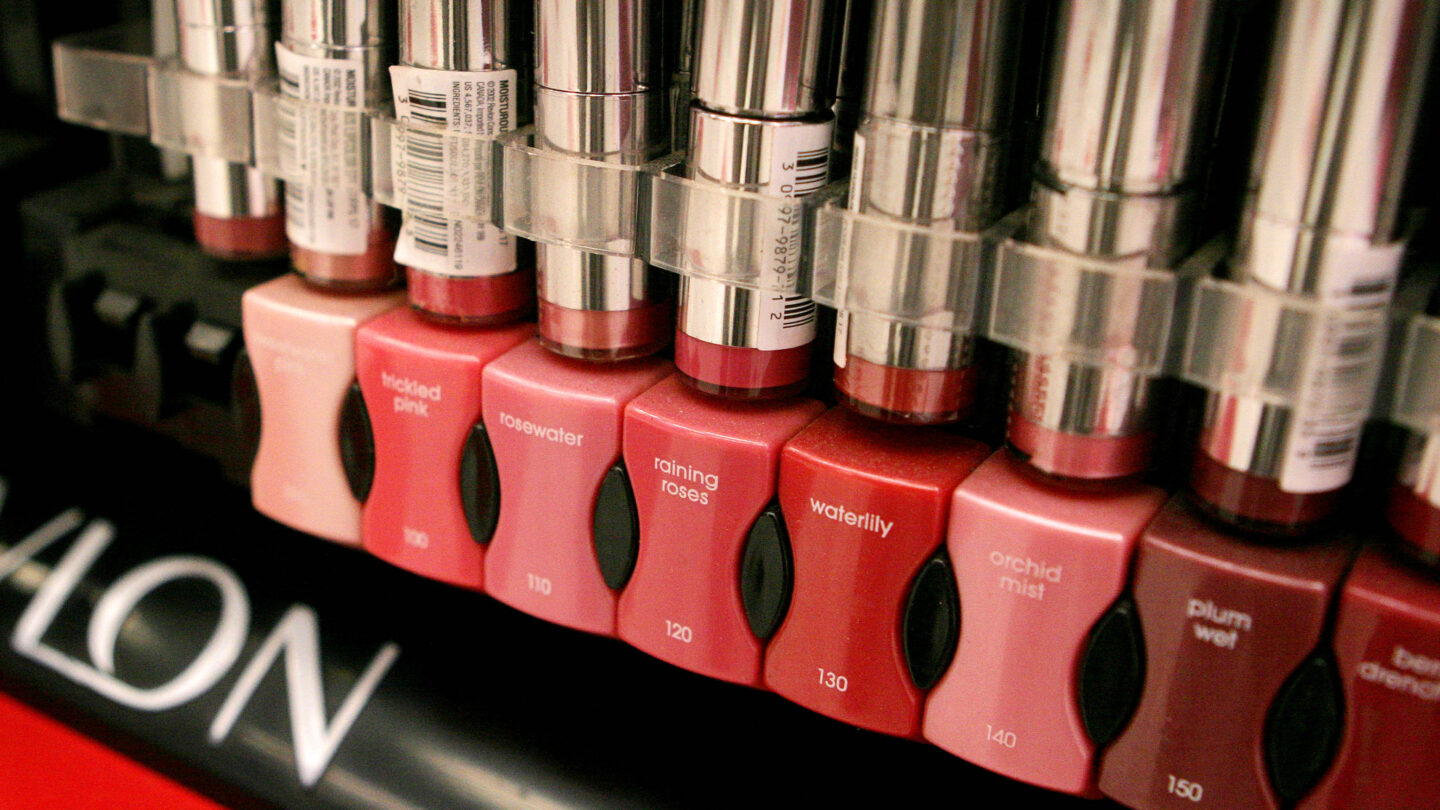Revlon has filed for bankruptcy as competition from newer brands and pandemic supply chain issues have battered sales.
The international beauty company, which sells products in more than 150 countries, has struggled with heavy debt. It listed $3.7 billion in total debts in a Wednesday court filing, much of it built up in trying to compete with cosmetic startups.
Many new cosmetic corporations are backed by celebrities who can rely on an existing fanbase to generate hype and sales, such as Rihanna’s Fenty Beauty and Kylie Jenner’s Kylie Cosmetics. Supply chain issues and labor shortages, exacerbated by the pandemic, have also proved challenging for Revlon.
“Consumer demand for our products remains strong — people love our brands, and we continue to have a healthy market position. But our challenging capital structure has limited our ability to navigate macro-economic issues in order to meet this demand,” Debra Perelman, Revlon’s president and CEO, said in a statement.
Revlon filed for Chapter 11 bankruptcy, which will allow it to restructure its obligations to creditors while staying in business. It owns multiple brands, including Elizabeth Arden, which it bought in 2016 using mainly loans.

9(MDAxODM0MDY4MDEyMTY4NDA3MzI3YjkzMw004))









